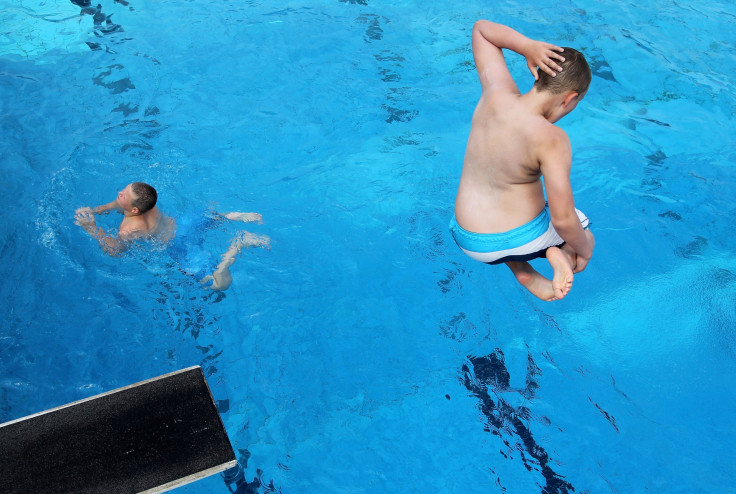‘Crypto’ Fecal Parasite Can Live In Swimming Pools For Days, Warns CDC

Health officials in the United Stated have asked people to take precautions over reports of a possible outbreak of cryptosporidiosis, which is a profuse, watery diarrhea.
Cryptosporidiosis is caused due to a parasite called Cryptosporidium. According to a statement by the US Centers for Disease Control and Prevention (CDC), a healthy person is likely to suffer from this disease for up to three weeks.
CDC also stated that this illness can lead to life-threatening malnutrition for those who have low immune response. The effects can be more in pregnant women and young children as their immune response in very low.
Over 400 outbreaks of cryptosporidiosis were reported by the public health officials from Puerto Rico and 40 states between 2009 and 2017. Though the outbreaks were not fatal, one death and more than 250 hospital cases were reported during this period.
More than 56 percent of cryptosporidiosis outbreaks were caused due to exposure to treated recreational water, especially in swimming pools, kiddie pools and water playgrounds, CDC stated. Other predominant causes for this illness were contact with infected people in childcare settings and contact with cattle.
“The annual number of reported cryptosporidiosis outbreaks overall increased an average of approximately 13% per year over time. Reversing this trend will require dissemination of prevention messages to discourage swimming or attending child care while ill with diarrhea and encourage hand washing after contact with animals,” stated CDC.
CDC also stated that Cryptosporidium is extremely tolerant to chlorine and it can live in a properly chlorinated swimming pool for up to a week. This fecal parasite can enter the body of a swimmer when the person swallows contaminated water. So, CDC recommended people ill with diarrhea not to swim for at least two weeks after the disease has resolved.
“The number of treated recreational water-associated outbreaks caused by cryptosporidium drives the summer seasonal peak in both waterborne cryptosporidiosis outbreaks and cryptosporidiosis outbreaks overall,” according to a statement from CDC.
“If a cryptosporidiosis outbreak occurs, substantial decontamination measures are needed, including hyper chlorinating public treated recreational water venues (e.g.., at a hotel, apartment complex, or water park) and using hydrogen peroxide to disinfect surfaces in child care settings to inactivate Cryptosporidium oocysts,” CDC added.
© Copyright IBTimes 2025. All rights reserved.





















